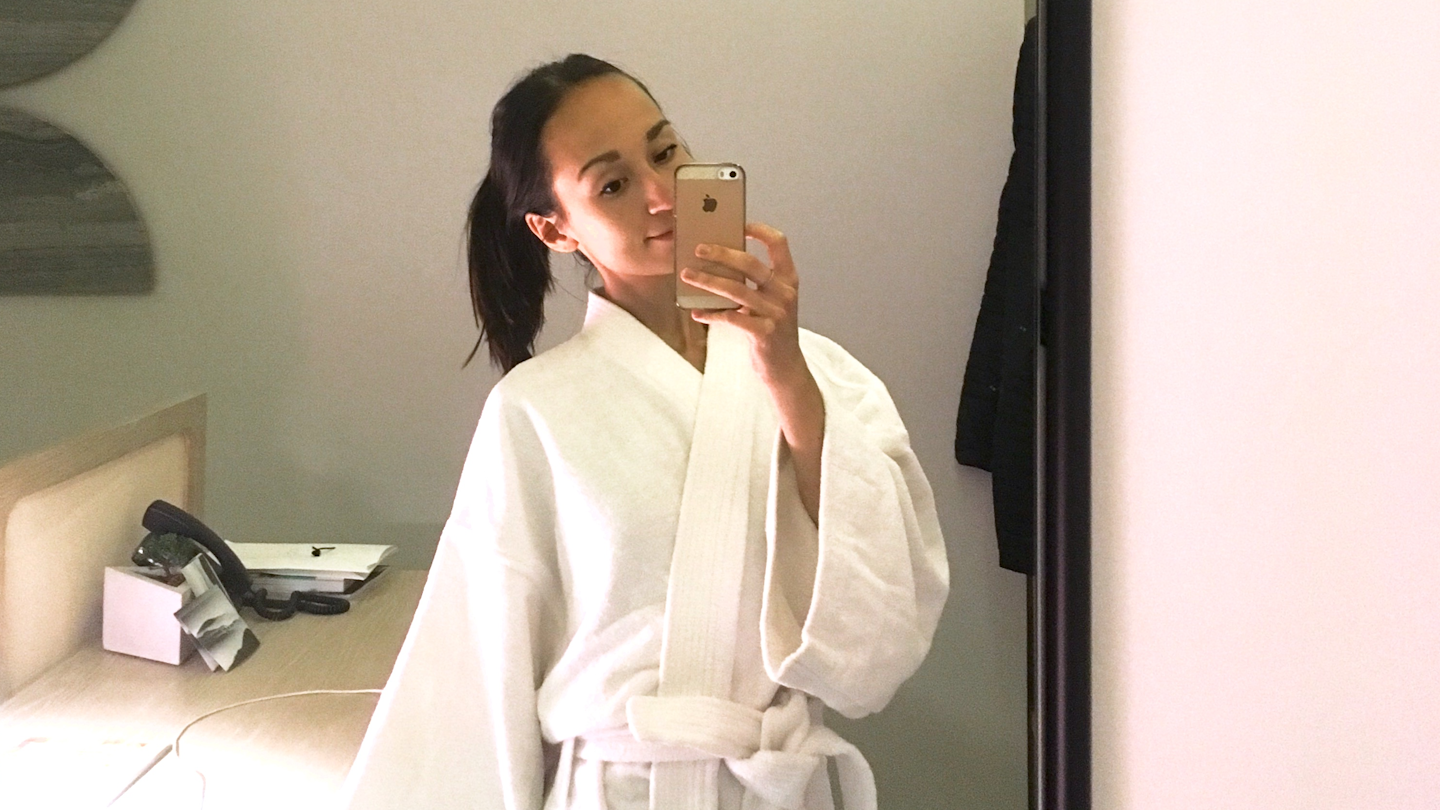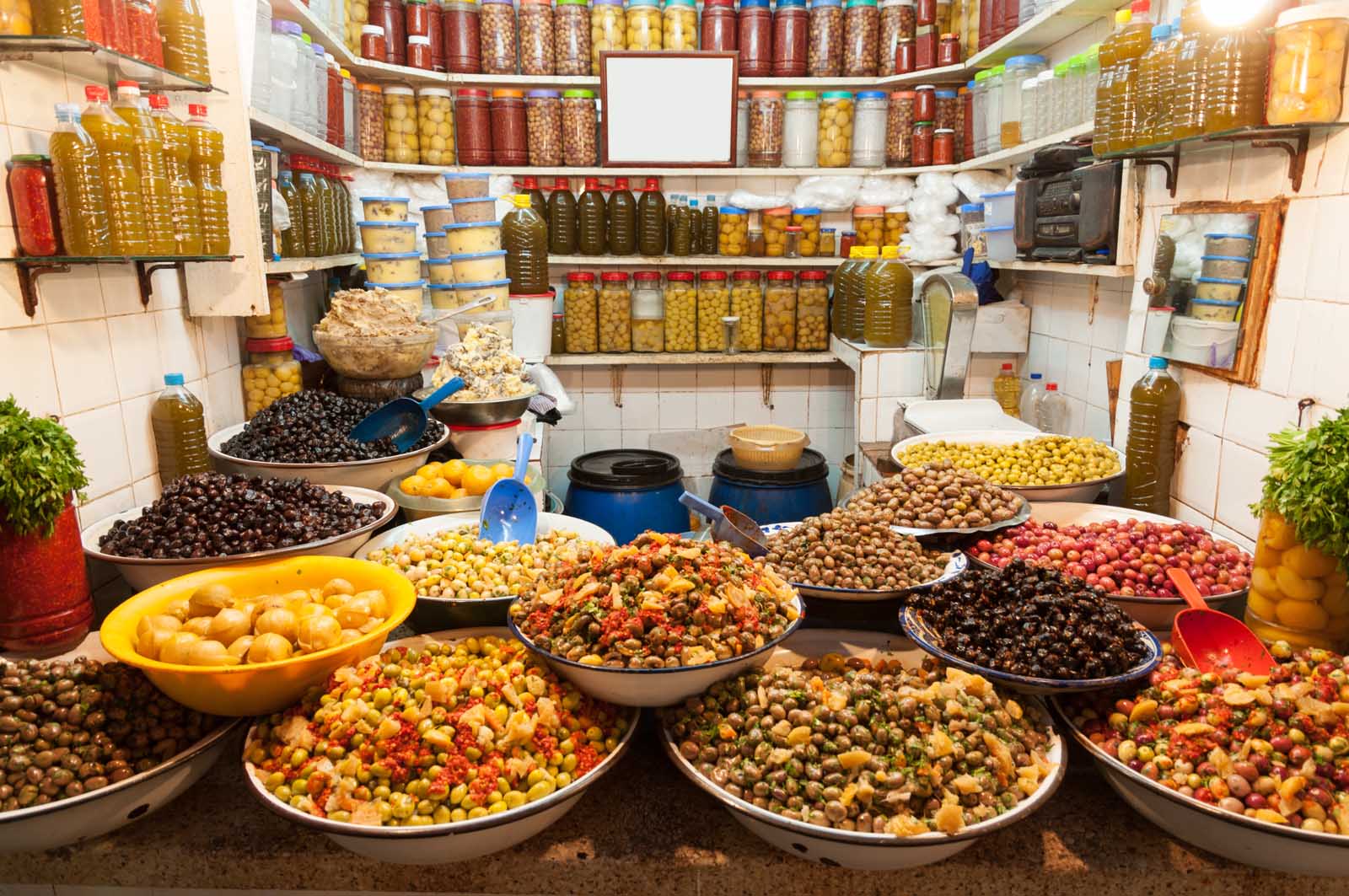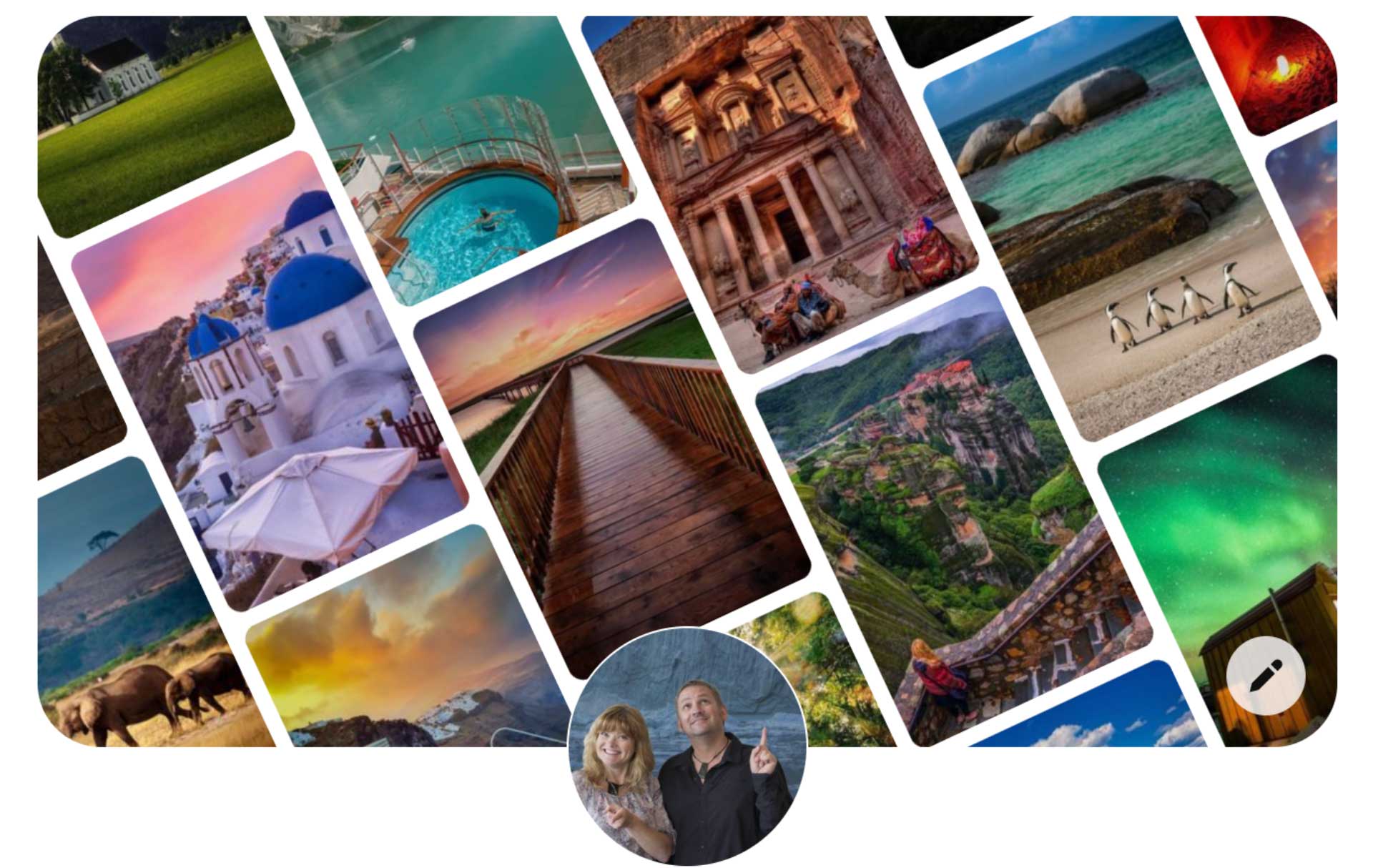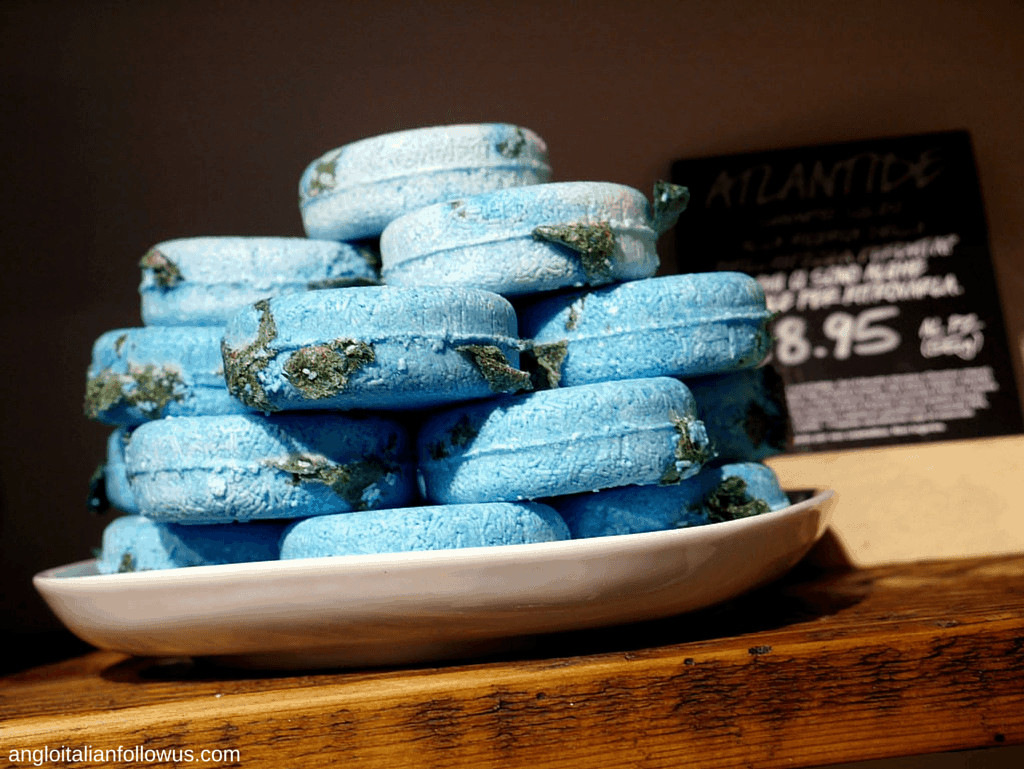I’ve been grounded at home for seven months and never felt so homesick — for hotels. However, with new cleaning and social distancing protocols, I know my next hotel stay won’t feel the same. What do we lose when hotels change? For many, a hotel is simply somewhere to sleep while on vacation or a business trip. For me, hotels have always meant so much more.

Lately, I’ve been reminiscing over my last hotel stay in January at in New York City. I remember the joy of enacting my childhood check-in ritual: diving into bed upon arrival (think Kate Winslet in The Holiday when she first sees the bedroom of her vacation home). Moreover, the thrill of opening my door to a (mask-less) smiling server with welcome cookies and champagne in (glove-less) hand felt magical. It all feels like a distant dream now.
My travel nostalgia rarely takes me back to hiking Machu Picchu or diving with sharks off the coast of the Galapagos. Instead, my mind returns to the hotels and the person I became in them. I miss those first steps into a new lobby. A warm receptionist would say, “Welcome Ms. Haines,” as if granting me permission to be whoever I wanted from that moment onwards. There was a distinct confidence and freedom that came from being untethered from life at home—I could spontaneously start conversations with fellow travelers or linger after dinner to chat with the servers.

I long for the drool-worthy breakfast buffets where, for a few precious hours, I became a kid again—like the dessert table at the , where I drowned my “dirt”-speckled waffles in chocolate sauce (don’t worry, the “dirt” was Oreo crumbles). Maybe it’s this absence of rules that I miss the most—no one could judge me for staying up until 3 AM, channel-surfing in my complimentary robe and slippers. Sprawled out on a bed four times my size, I felt like a queen whose temporary kingdom was no one’s but mine.
Now, a hotel room will feel like everyone’s but mine. Hotel brands have implemented cleaning protocols—Marriott is spraying surfaces with hospital-grade disinfectant, Avani Hotels has installed HEPA-grade air purifiers, and Hilton is using door seals to indicate that the room has been empty since last cleaned—but I know I’ll still be paranoid. Consequently, I’m afraid everything that made hotels a source of belonging has changed.

Instead of checking in with reception, I’ll be checking in online, and if I’m greeted by anyone, it will probably be to check my temperature. I’ll be looking to minimize conversations with fellow travelers and staff, rather than engaging with them. Moreover, the skin-to-skin contact that made my favorite spa treatment, the massage, relaxing will now make it nerve-wracking. Room service and leisurely restaurant dining will resemble knock-and-drop and grab-and-go. Worst of all — the beloved breakfast buffet may never return.

Considering the loss of personal connection in hotels has made me realize that they offered more than the freedom of anonymity and escape from routine—they made me feel cared for. Growing up as a caregiver for my single, disabled mom, I’ve cooked and cleaned for myself for most of my life. The housekeeper arranging my toiletries and making my bed provided little doses of being looked after that I missed as a kid. Casual conversations with the same doorman or restaurant server each day made me feel like I had my own temporary family looking out for me. Furthermore, my room was my refuge: in it, I was untouchable, freed from responsibility, and it asked for nothing (except my money) in return.

But who pays for my indulgence of care? Is my ignorance worth putting the health of hotel staff at risk? As hotels strive to prove their cleanliness, we’re now hyper-aware of the labor that was previously kept behind the scenes. However, maybe that’s a good thing. I should have been more appreciative of the staff, but also more aware of my impact on everyone I encounter when I travel. Perhaps COVID-19 will encourage all of us to become more . Better yet, the movement towards contactless technology—such as paperless check-in and robot vacuums—could reduce our impact on the too.

Once we adapt to the new protocols, many of the changes necessitated by COVID-19 will arguably make hotel stays more relaxing. Contactless transactions could smooth out typical travel wrinkles, such as long check-out lines. Creative new programming—like private helicopter rides at the , personalized wine tours of Prince Edward County at the in Canada, and customized breakfast boxes at The Ritz-Carlton in (an eco-friendly alternative to their typical breakfast buffet)—will make hotel experiences more individualized and immersive. Additionally, with facilities operating at reduced capacity, you’re more likely to have the gym or hot tub all to yourself. The emphasis on social distancing will increase privacy, making hotel stays feel more customized and luxurious.

The hotel has been like a family home for me, and like family, I didn’t appreciate what I had until it was gone. My first post-pandemic hotel stay will undoubtedly be marked with anxiety and loss, but I’ll also be a more conscious and grateful guest. It’s not the death of hotels — they’re evolving in response to our increasingly interconnected world, and many of the changes they make will benefit us all.




